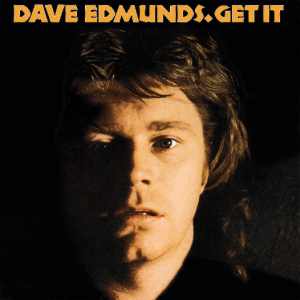I’ve always been on the fence concerning the Mod or Rocker schism. I do love my Eddie Cochran and Link Wray, but I also love my natty attire, Small Faces, The Creation, and The Action.
[audio:https://www.rocktownhall.com/blogs/wp-content/uploads/2012/06/07-Brain-1.mp3|titles=The Action: Brain] [audio:https://www.rocktownhall.com/blogs/wp-content/uploads/2012/06/01-Come-Around-1.mp3|titles=The Action: Come Around]So, I’m not going to give a Wikipedia-style account of The Action here. Let’s just let them be the soundtrack for an inquiry.
Certainly, the Mods vs. Rockers clashes of the ’60s were overemphasized, and it’s not like they even mattered over here. Is it even a valid argument anymore, or did Ringo do away with the question in his famous Hard Day’s Night quip?
[audio:https://www.rocktownhall.com/blogs/wp-content/uploads/2012/06/02-Something-To-Say.mp3|titles=The Action: Something to Say] [audio:https://www.rocktownhall.com/blogs/wp-content/uploads/2012/06/02-In-My-Lonely-Room.mp3|titles=The Action: In My Lonely Room]It comes down to a question of the importance of subculture and semiotics: the expressive forms and rituals of our groupings, be they mods, rockers, punks, skinheads, Portland-types, or Brooklyn-types.
This is superficial stuff, to be sure. We become intrigued by the mundane objects—an R.A.F. roundel, motorcycle boots, a safety pin, a flannel shirt—which nonetheless take on a symbolic dimension, and also grant us something of a self-imposed exile.
I don’t give a fuck so much, but there was a time when it was a serious rock-existential dilemma for me: “Wait, can I have a mod target, and love Gene Vincent? Can you do that?” Can I, to bring it up to the present day, dress like Jimmy in Quadrophenia and still be caught dead at Rock of Ages?
[audio:https://www.rocktownhall.com/blogs/wp-content/uploads/2012/06/07-Just-Once-In-My-Life.mp3|titles=The Action: Just Once in My Life] [audio:https://www.rocktownhall.com/blogs/wp-content/uploads/2012/06/10-Since-I-Lost-My-Baby.mp3|titles=The Action: Since I Lost My Baby]In this context, the music we listen to serves as entertainment, diversion, and relevance, yes, but we also identify, adopting the sounds and their singers as signifiers to help us discover “where do I fit in?”




